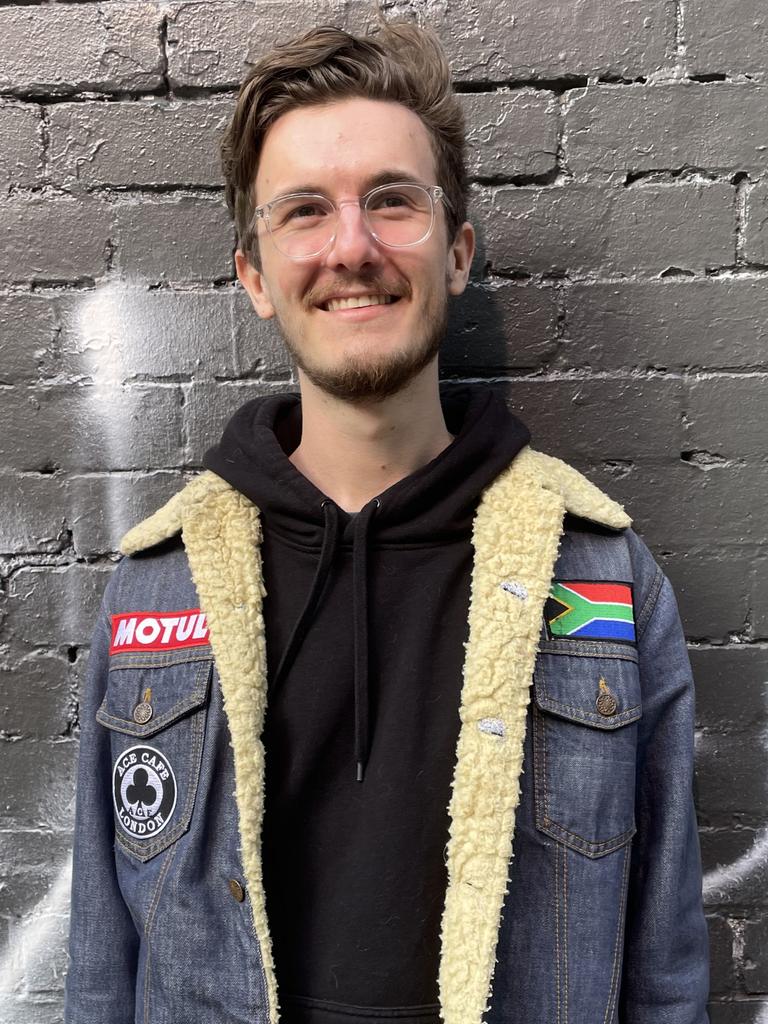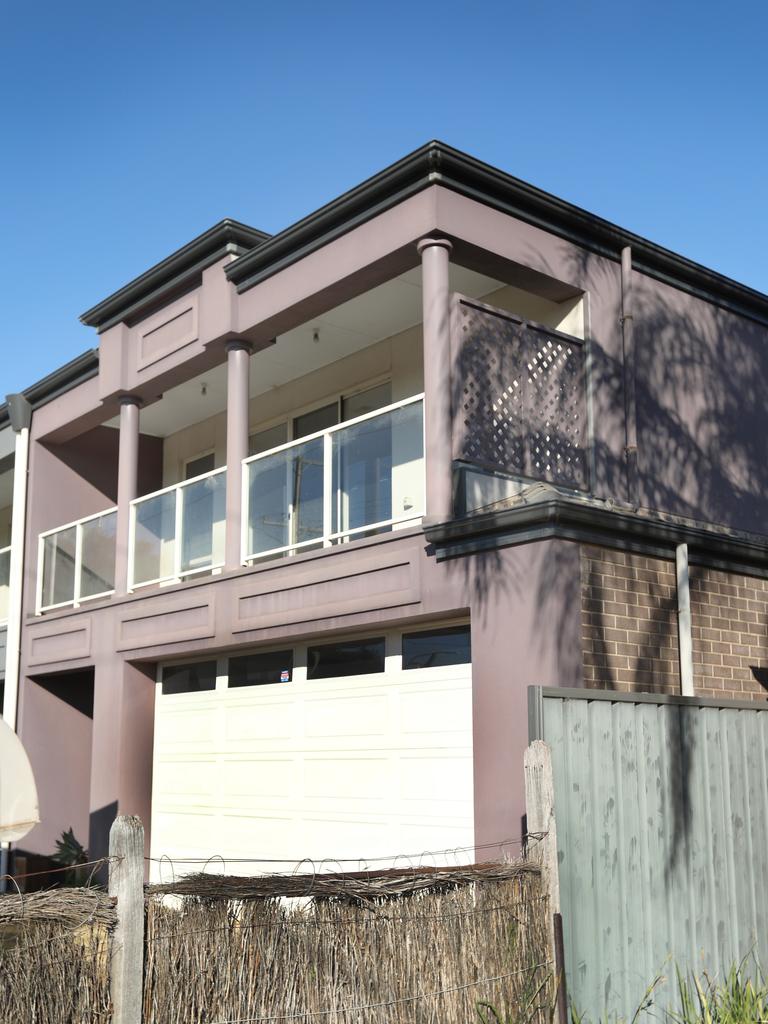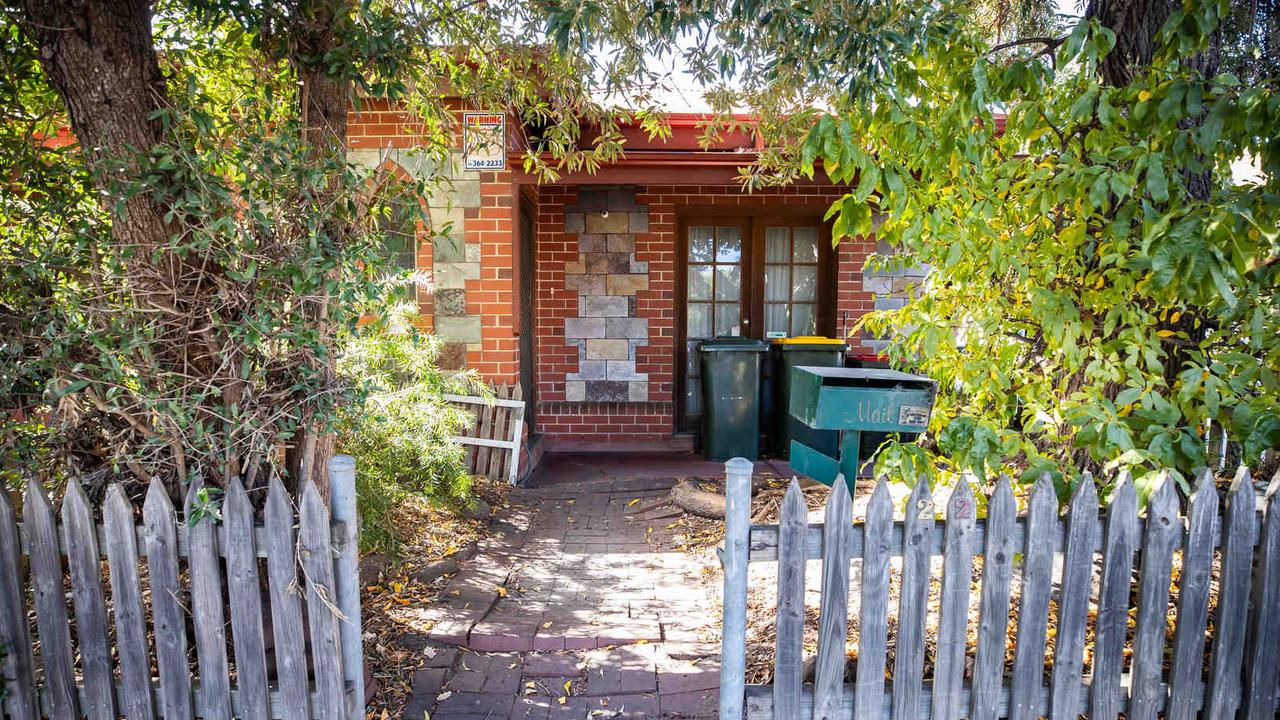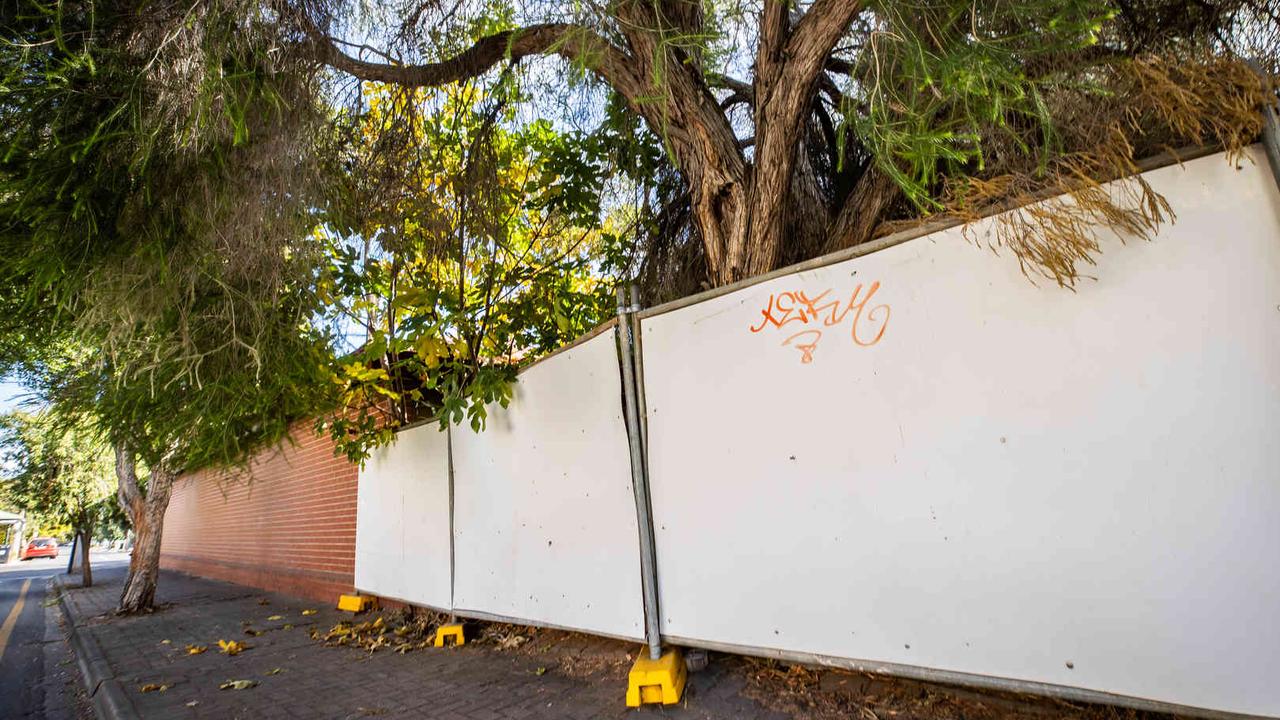Social media personality Jordan van den Berg slammed for encouraging squatters to take over vacant homes
A social media influencer has launched a controversial fix for the national housing crisis – but a leading SA property expert says he may be encouraging people to break the law.
Property
Don't miss out on the headlines from Property. Followed categories will be added to My News.
A controversial social media influencer claims he’s helping to solve the national housing crisis by encouraging the homeless to squat in vacant homes – but the peak real estate body in SA warns against the man’s advice.
Jordan van den Berg, also known as PurplePingers on TikTok and Instagram, has developed a database of houses across Australia that have been vacant for at least two years.
The ‘Robin Hood of renters’ connects followers with homes from the database privately but occasionally posts the addresses of the vacant homes on his Instagram account.
There are 52 SA homes on the database of 1089 and two – in Norwood and Glengowrie – spotted among his social media listings.
Mr van den Berg said he started the database collecting addresses of vacant homes around the country a few months ago after posting a video to his 194.5k followers on TikTok.
“How it works is people will send an address to a Google form and they generally provide an explainer on how long the place has been vacant or how to get inside,” he said.


Mr van den Berg said he then checked for any planning or development applications for the residence and views the state of the house on Google Maps.
“I’m targeting places that have been abandoned by the owner for at least two years,” he said.
Mr van dan Berg said his solution to help solve the housing crisis operates in the grey area of law.
“South Australia doesn’t have squatting laws; they’ve just got adverse possession laws and trespass laws,” he said.
“A fundamental principle of our title system in Australia is that if you don’t use that land productively and someone else does, it becomes their property, as part of the adverse possession laws.”
Real Estate Institute of South Australia legislation and industry adviser Paul Edwards said while there were no laws surrounding “squatting”, anyone who was found on another’s property would be considered a trespasser.
“Anybody who is not authorised to be on that property either as a tenant or boarder or lodger – they are not approved for the property and therefore are known as trespassers,” he said.
“And just because the owner might not know about the people living on their property that still doesn’t given them (squatters) the right to live there.
“They have no legal right to be in that property; they’re basically breaking and entering.”
Mr Edwards warned Mr van den Berg to stop encouraging squatting.
Mr van dan Berg said housing was a fundamental human right and if the governments are “unwilling” to resolve the crisis, people are forced to seek extreme solutions.
The Advertiser visited two that were publicly listed on the influencer’s site and found them both abandoned.
The Norwood unit had temporary fencing around the back.
Neighbour Alex Agostini, 32, said the property had been vacant for a decade, with its only residents a few stray cats.
“As far as I know, no person has lived in that house for over 10 years and there has been temporary fencing around the back of the house for about 15 years,” she said.
“Although, a few street cats live there … they get fed every morning and night by a woman that lives a few houses down.”


Similarly, the deserted Glengowrie property didn’t have a mailbox, the cabinetry and appliances weren’t installed and the backyard was overgrown.
A neighbour of the house – who asked to not be named – said he met the owner about 15 years ago.
“When I met him, he told me that he lives with his elderly mother,” he said.
“He has never lived there but he used to visit the house regularly at night.
“He suffered from chronic fatigue, maybe he’s just got overwhelmed with installing the house and managing the property so he just left it.”


Housing Minister Nick Champion said squatting would not be tolerated by the government.
“It (squatting) is dangerous and has significant detrimental impacts on the housing market,” he said.
“When people illegally occupy public housing it stops homes being allocated to people who need them, causing delays in the system … it also prevents private landlords from renting properties in an incredibly tight rental market.”
“There are often valid reasons why properties may appear empty such as people temporarily interstate or overseas, properties undergoing renovations or secondary dwellings acting as holiday homes.”





